Home>Furniture & Design>Living Room Furniture>How To Sleep In A Recliner


Living Room Furniture
How To Sleep In A Recliner
Modified: August 28, 2024
Discover the best way to sleep in a recliner with our expert tips and advice. Transform your living room with comfortable and stylish furniture and design.
(Many of the links in this article redirect to a specific reviewed product. Your purchase of these products through affiliate links helps to generate commission for Storables.com, at no extra cost. Learn more)
Introduction
Have you ever found yourself tossing and turning in bed, struggling to find a comfortable sleeping position? If so, you're not alone. Many people experience difficulty getting a good night's sleep due to various reasons such as back pain, acid reflux, snoring, or simply a preference for a different sleeping position. In such cases, sleeping in a recliner can be a game-changer.
The concept of sleeping in a recliner may seem unconventional to some, but it has gained popularity for its numerous benefits. Whether you're dealing with a specific health issue or just seeking a more comfortable way to sleep, a recliner can offer a viable solution. In this article, we'll explore the benefits of sleeping in a recliner, provide tips for optimizing your recliner sleeping experience, and offer guidance on choosing the right recliner for your needs.
If you've ever struggled to find a comfortable sleeping position, or if you're simply curious about alternative sleep solutions, read on to discover the potential advantages of embracing the recliner as a sleep haven.
Key Takeaways:
- Embracing a recliner for sleep can alleviate back pain, reduce acid reflux, and improve circulation, offering a comfortable and customizable alternative to traditional beds.
- To optimize recliner sleep, find the right position, use supportive pillows, and choose a recliner that suits your specific needs and space. It’s a versatile and personalized approach to restful sleep.
Read more: How To Sleep On A Recliner
Benefits of Sleeping in a Recliner
Sleeping in a recliner offers a range of benefits that can significantly improve your overall sleep quality and comfort. Whether you're dealing with specific health issues or simply seeking a more restful sleep experience, a recliner can provide a viable alternative to traditional sleeping arrangements. Here are some of the key benefits of embracing the recliner as a sleep solution:
-
Alleviates Back Pain: One of the most notable benefits of sleeping in a recliner is its potential to alleviate back pain. By elevating your legs and reclining the backrest, a recliner can help relieve pressure on the spine and reduce discomfort associated with conditions such as sciatica, herniated discs, or general back strain. This position can promote better spinal alignment and reduce the strain on the lower back, offering a more comfortable and supportive sleep experience.
-
Reduces Acid Reflux Symptoms: For individuals who suffer from acid reflux or gastroesophageal reflux disease (GERD), sleeping in a recliner can be a game-changer. The semi-upright position of a recliner can help prevent stomach acid from rising into the esophagus, reducing the likelihood of heartburn and discomfort during the night. This inclined position can also aid in digestion and promote better overall gastrointestinal health.
-
Mitigates Snoring and Sleep Apnea: Sleeping in a recliner can be beneficial for individuals who snore or have mild to moderate sleep apnea. The elevated position of the upper body can help keep the airways open and reduce the likelihood of snoring or breathing interruptions during sleep. By promoting better airflow and reducing airway obstruction, a recliner can contribute to a quieter and more restful night's sleep for both the individual and their sleep partner.
-
Enhances Circulation: The reclined position of a recliner can promote better blood circulation throughout the body, particularly in the legs and feet. By elevating the legs, a recliner helps reduce swelling and fluid retention, making it an ideal choice for individuals dealing with edema or circulation issues. Improved circulation can also contribute to a more restorative sleep and reduce the risk of waking up with numbness or tingling in the extremities.
-
Customizable Comfort: Unlike traditional beds, recliners offer customizable comfort and support. With adjustable reclining angles and built-in footrests, individuals can find their optimal sleeping position without the need for extra pillows or supports. This adaptability allows for personalized comfort tailored to individual preferences and specific health needs, making it easier to achieve a truly restful and rejuvenating sleep experience.
Incorporating a recliner into your sleep routine can provide a range of benefits, from alleviating specific health issues to enhancing overall comfort and sleep quality. By understanding the advantages of sleeping in a recliner, individuals can make informed decisions about their sleep environment and explore alternative solutions for achieving a restful night's sleep.
Tips for Sleeping in a Recliner
When it comes to sleeping in a recliner, making a few adjustments and adopting the right practices can significantly enhance your comfort and overall sleep experience. Whether you're new to recliner sleeping or looking to optimize your existing routine, these tips can help you make the most of this alternative sleep solution.
-
Positioning is Key: Finding the optimal recliner position is crucial for a comfortable and restful sleep. Experiment with different reclining angles to determine the most supportive position for your body. For individuals with back pain or acid reflux, a semi-reclined position with elevated legs may offer the best combination of support and comfort.
-
Supportive Pillows: While recliners provide built-in head and lumbar support, using additional pillows can further enhance comfort. Placing a small pillow or cushion behind your neck and another beneath your knees can help maintain proper spinal alignment and reduce pressure points, promoting a more relaxed and ergonomic sleep posture.
-
Temperature and Airflow: Ensure that the room temperature is conducive to sleep and that there is adequate airflow around the recliner. Consider using breathable bedding and adjusting the room temperature to create a comfortable sleep environment. Proper ventilation can prevent overheating and contribute to a more restful night's sleep.
-
Maintain Proper Posture: While recliners offer excellent support, it's essential to maintain good posture while sleeping. Avoid slouching or hunching over in the recliner, as this can lead to discomfort and stiffness upon waking. Instead, focus on keeping your spine aligned and your body well-supported throughout the night.
-
Limit Screen Time: Just as with traditional sleep routines, it's important to limit screen time before bed when sleeping in a recliner. The blue light emitted by electronic devices can interfere with the body's natural sleep-wake cycle, making it harder to fall asleep. Consider establishing a relaxing pre-sleep routine that doesn't involve screens to prepare your body and mind for rest.
-
Establish a Routine: Consistency is key to achieving quality sleep, regardless of the sleeping environment. Try to establish a regular sleep schedule, even when using a recliner. Going to bed and waking up at the same time each day can help regulate your body's internal clock and promote better overall sleep quality.
-
Comfortable Attire: Opt for comfortable sleep attire that allows for freedom of movement while sleeping in a recliner. Loose-fitting, breathable clothing can prevent constriction and discomfort, contributing to a more relaxed and uninterrupted sleep experience.
By incorporating these tips into your recliner sleep routine, you can optimize your comfort and create an environment conducive to restful sleep. With a few adjustments and mindful practices, sleeping in a recliner can offer a comfortable and rejuvenating alternative to traditional beds.
Choosing the Right Recliner
When it comes to embracing the idea of sleeping in a recliner, choosing the right recliner is paramount to ensuring a comfortable and supportive sleep experience. With a wide array of recliner options available on the market, it's essential to consider several factors to find the perfect fit for your individual needs and preferences.
Consider Your Specific Needs
Before selecting a recliner for sleeping purposes, it's important to assess your specific requirements. If you're seeking relief from back pain or spinal issues, look for a recliner with excellent lumbar support and customizable reclining angles. For individuals dealing with acid reflux or respiratory concerns, a recliner with a higher degree of incline and neck support may be more suitable. Understanding your unique sleep-related challenges will guide you in choosing a recliner that addresses those specific needs.
Read more: What Is The Best Recliner To Sleep In
Opt for Quality Construction
When investing in a recliner for sleeping, prioritize quality construction and durable materials. Look for recliners made from sturdy hardwood or metal frames, as they offer better longevity and support. Additionally, high-quality upholstery and cushioning contribute to overall comfort and can withstand regular use. Ensuring that the recliner is built to withstand the demands of nightly sleep will provide peace of mind and long-term satisfaction.
Test Comfort and Support
Before making a purchase, take the time to test the comfort and support offered by different recliner models. Sit in the recliner and experiment with various reclining positions to gauge how well it aligns with your body's needs. Pay attention to the lumbar support, headrest comfort, and overall ergonomic design. A recliner that promotes proper spinal alignment and offers adequate support for your specific concerns will greatly enhance your sleep experience.
Size and Space Considerations
Consider the size and dimensions of the recliner in relation to the available space in your bedroom or preferred sleeping area. Ensure that the recliner fits comfortably within the designated space without overcrowding the room. Additionally, take into account the ease of maneuvering the recliner into the desired location, especially if it needs to be transported through narrow doorways or tight spaces.
Additional Features and Customization
Explore recliner options that offer additional features for customization and convenience. Features such as built-in USB ports, adjustable headrests, and integrated massage or heating elements can enhance the overall comfort and functionality of the recliner. Consider which features align with your preferences and would contribute to a more enjoyable and personalized sleep experience.
By carefully considering these factors and prioritizing your specific sleep-related needs, you can select a recliner that not only accommodates your requirements but also elevates your sleep quality and comfort. Choosing the right recliner is a crucial step towards embracing the benefits of recliner sleeping and creating a personalized sleep haven tailored to your individual preferences and well-being.
Conclusion
In conclusion, the concept of sleeping in a recliner offers a compelling alternative to traditional beds, providing a range of potential benefits for individuals seeking improved sleep quality and comfort. By embracing the recliner as a sleep solution, individuals can address specific health concerns, such as back pain, acid reflux, snoring, and circulation issues, while also enjoying customizable comfort and support tailored to their unique needs.
The benefits of sleeping in a recliner extend beyond mere convenience, offering tangible advantages that can positively impact overall well-being. From alleviating discomfort associated with back pain to reducing the symptoms of acid reflux, the recliner's inclined and customizable design provides a supportive sleep environment that caters to individual health needs. Additionally, the potential to mitigate snoring and enhance circulation further underscores the value of incorporating a recliner into one's sleep routine.
Furthermore, the tips for optimizing the recliner sleep experience emphasize the importance of proper positioning, supportive pillows, and maintaining a comfortable sleep environment. These practical strategies empower individuals to make the most of their recliner sleeping experience, ensuring that they can enjoy restful and rejuvenating sleep without compromising on comfort or support.
Choosing the right recliner is a critical consideration, as it directly impacts the overall sleep quality and comfort. By carefully assessing individual needs, prioritizing quality construction, and testing comfort and support, individuals can select a recliner that aligns with their specific sleep-related challenges and preferences. The ability to customize the recliner to suit personal comfort preferences and space considerations further enhances its appeal as a viable sleep solution.
In essence, the potential benefits of sleeping in a recliner, coupled with the ability to optimize the sleep experience and choose a suitable recliner, underscore the value of exploring this alternative sleep option. Whether seeking relief from specific health issues or simply looking for a more comfortable and supportive sleep environment, the recliner offers a versatile and customizable solution that can positively impact overall sleep quality and well-being.
By understanding the advantages, implementing practical tips, and selecting the right recliner, individuals can unlock the potential of recliner sleeping as a viable and personalized approach to achieving restful and rejuvenating sleep. Embracing the recliner as a sleep haven represents a proactive step towards addressing sleep-related challenges and prioritizing comfort and well-being in the pursuit of quality rest.
Frequently Asked Questions about How To Sleep In A Recliner
Was this page helpful?
At Storables.com, we guarantee accurate and reliable information. Our content, validated by Expert Board Contributors, is crafted following stringent Editorial Policies. We're committed to providing you with well-researched, expert-backed insights for all your informational needs.


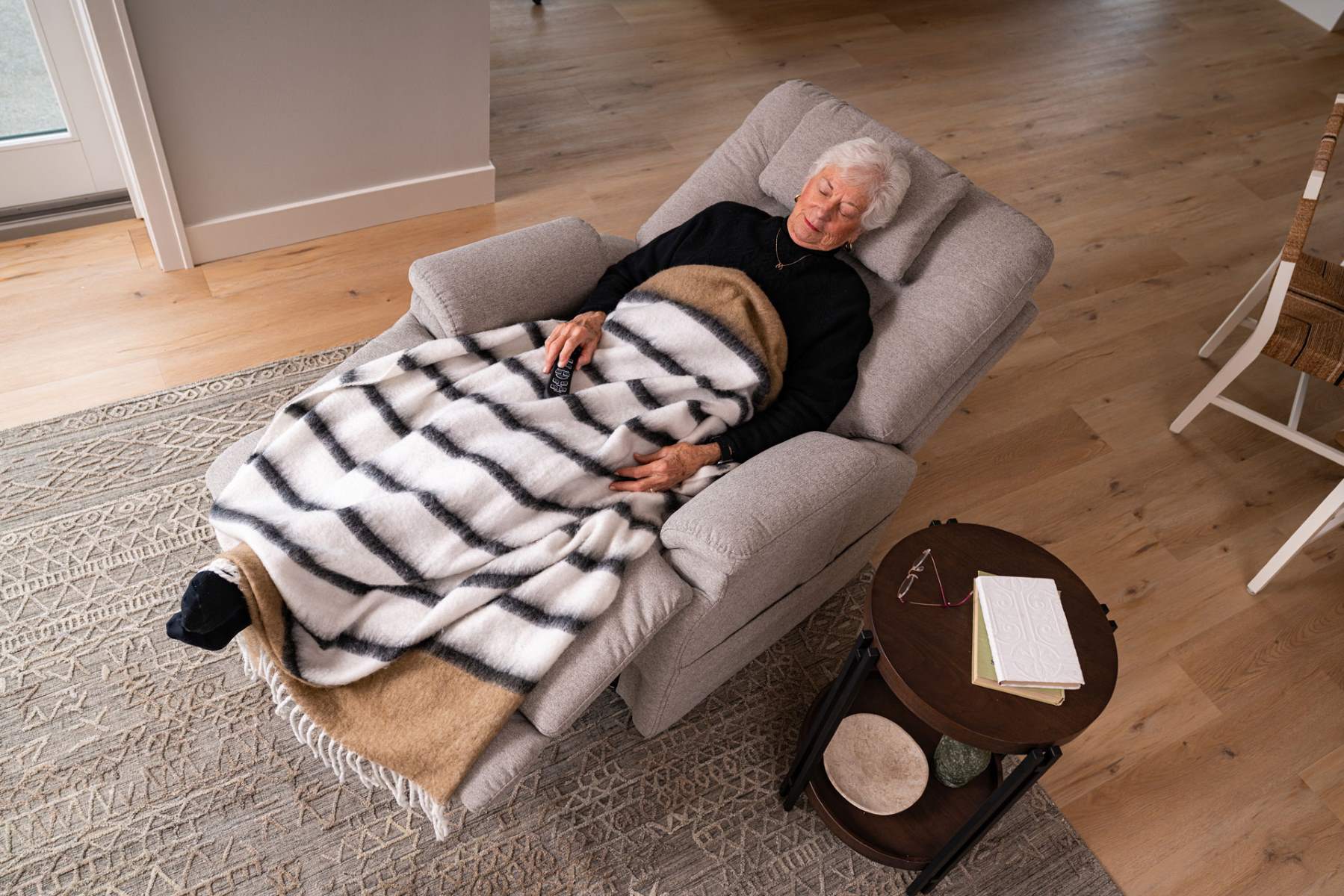
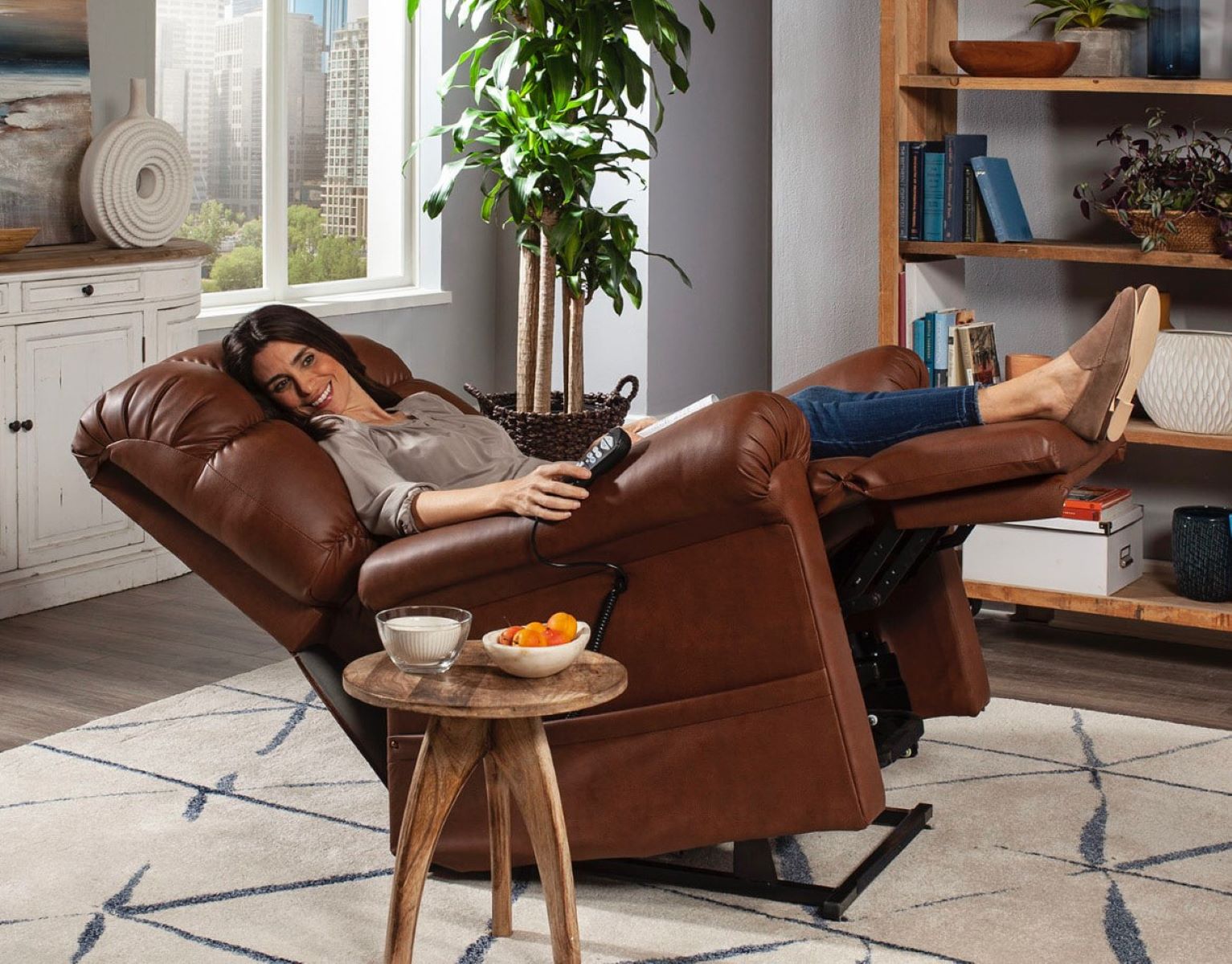
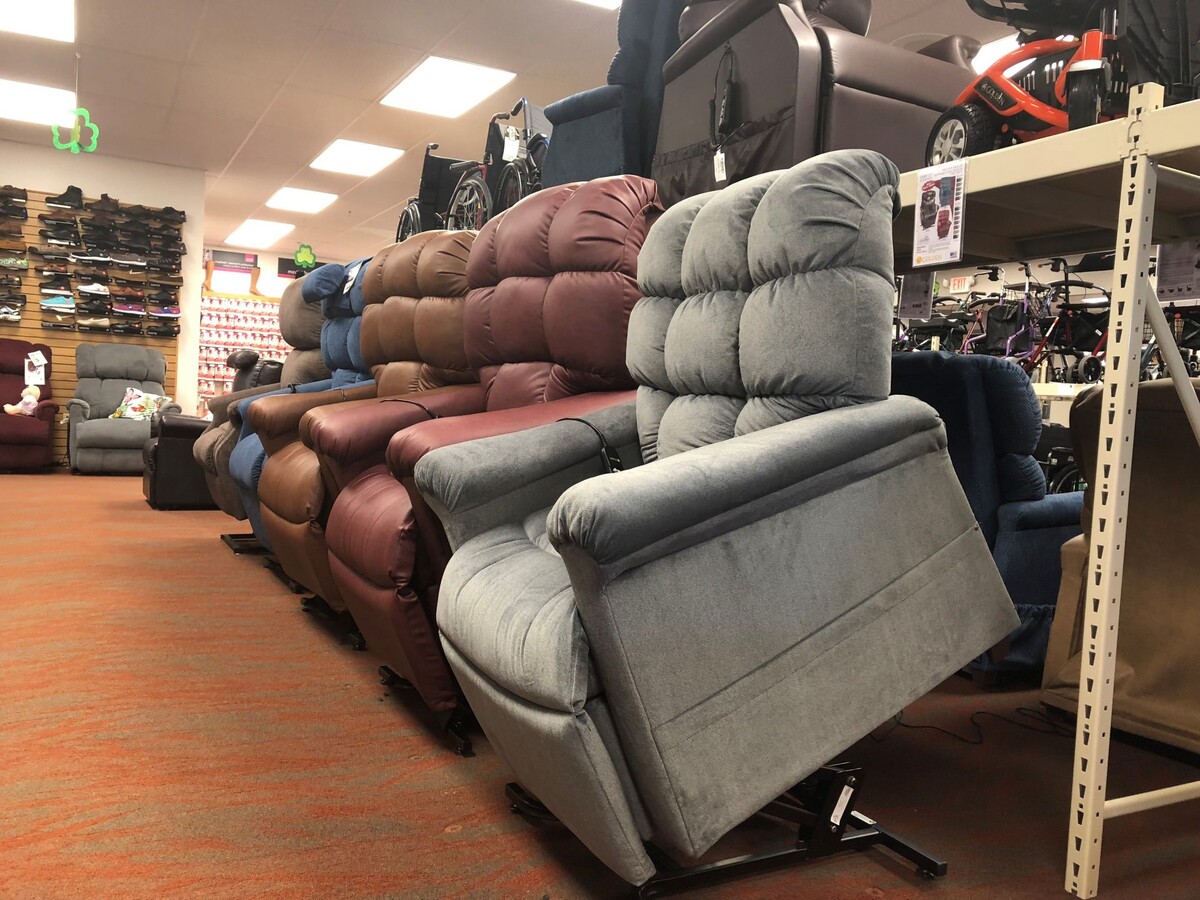
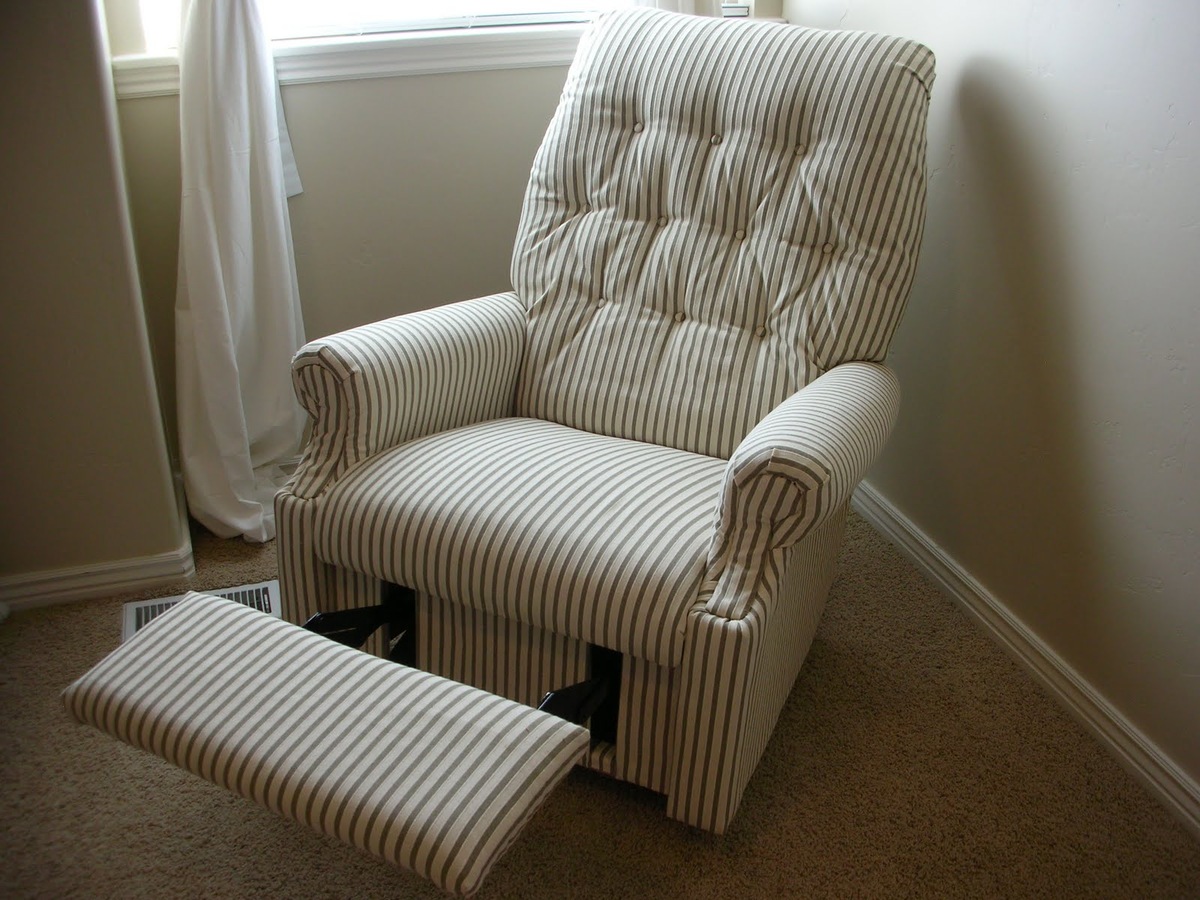
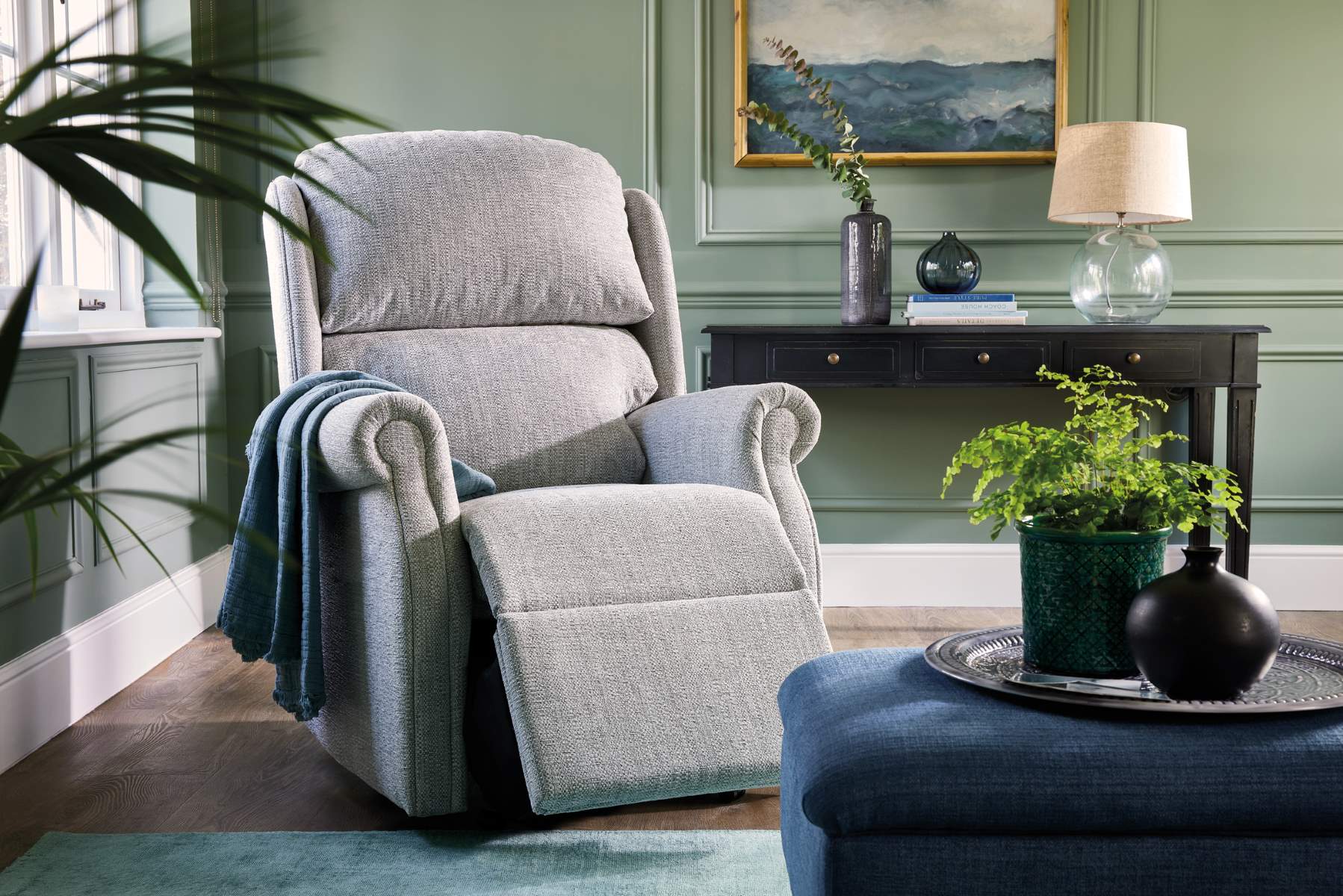
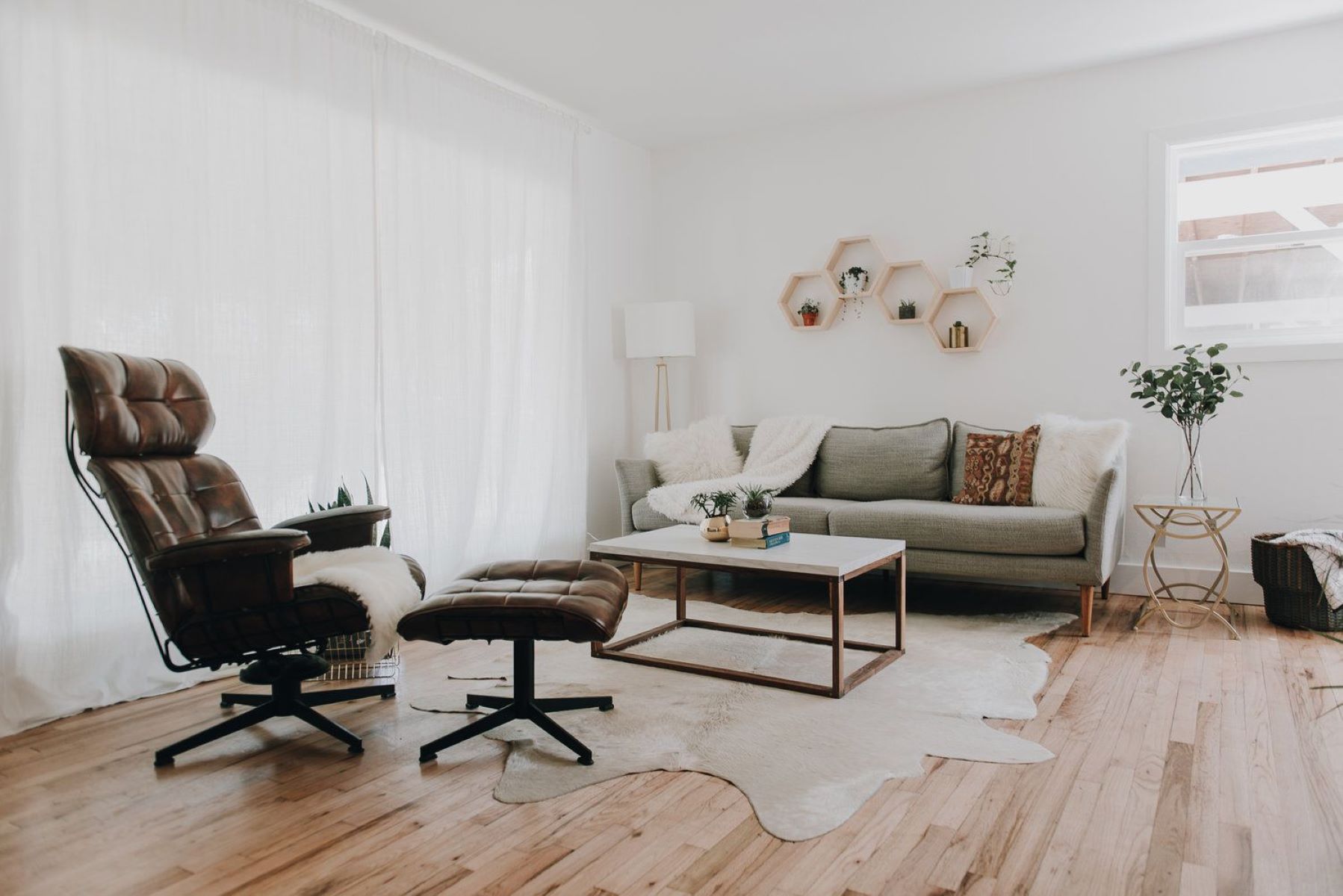
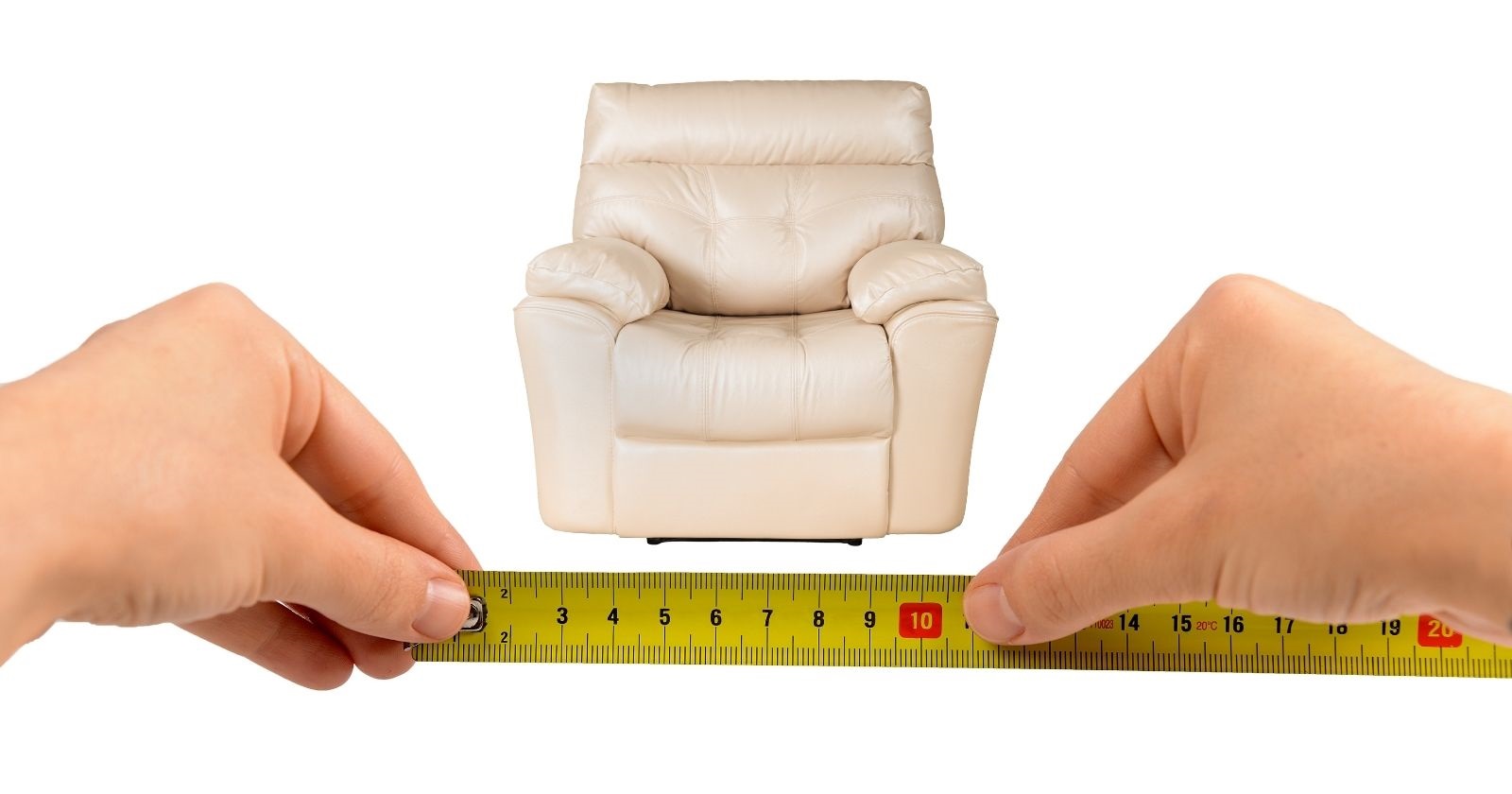

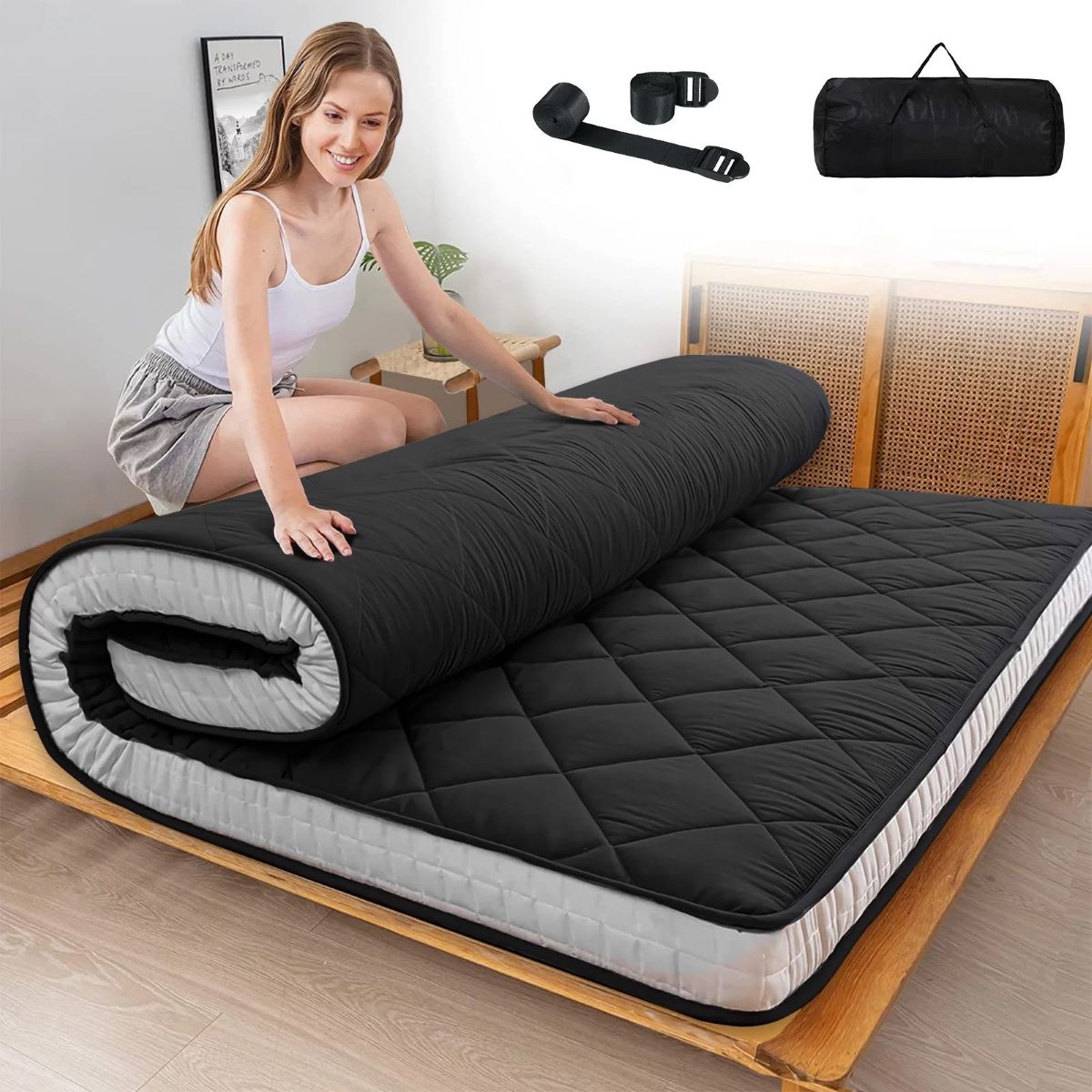
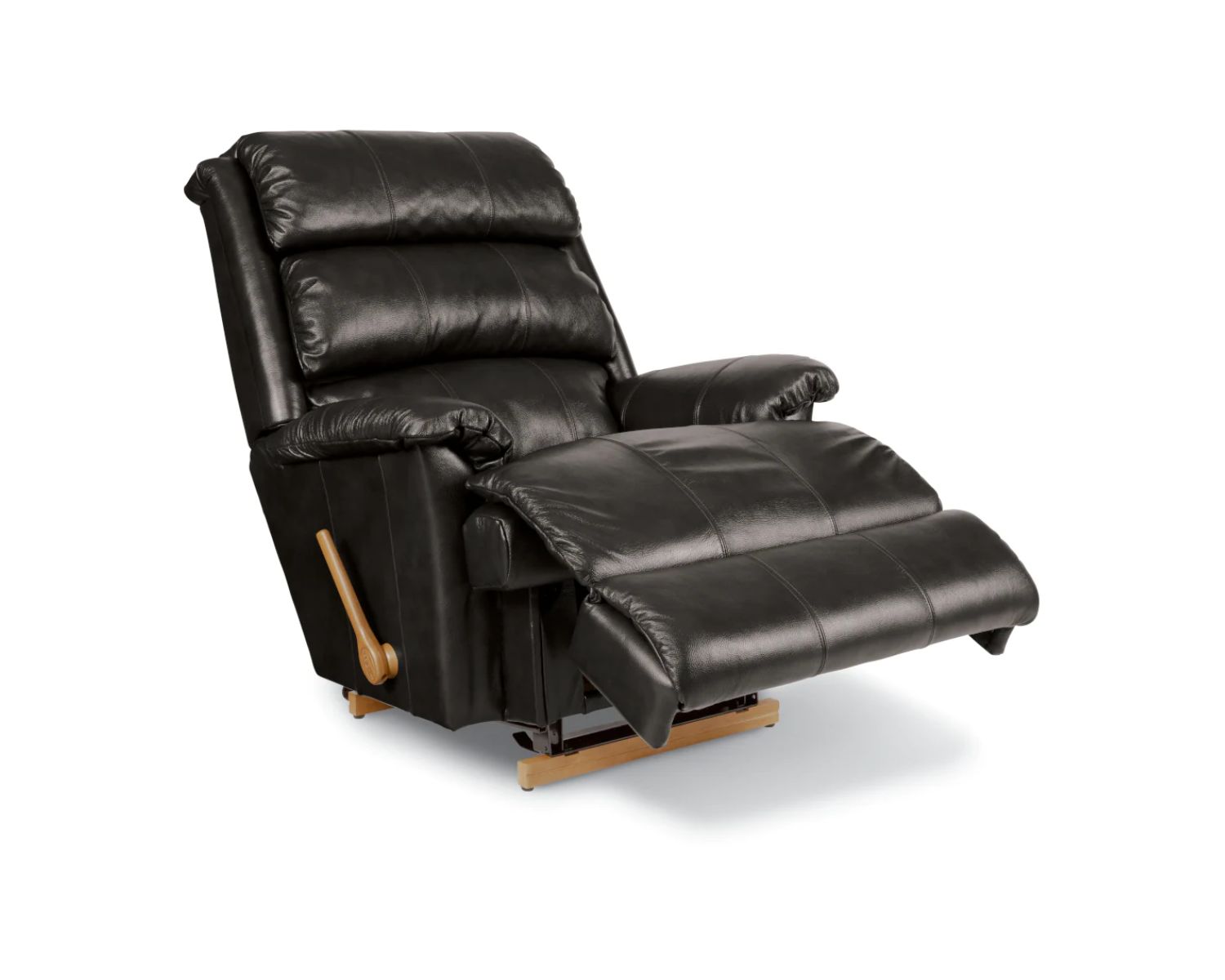
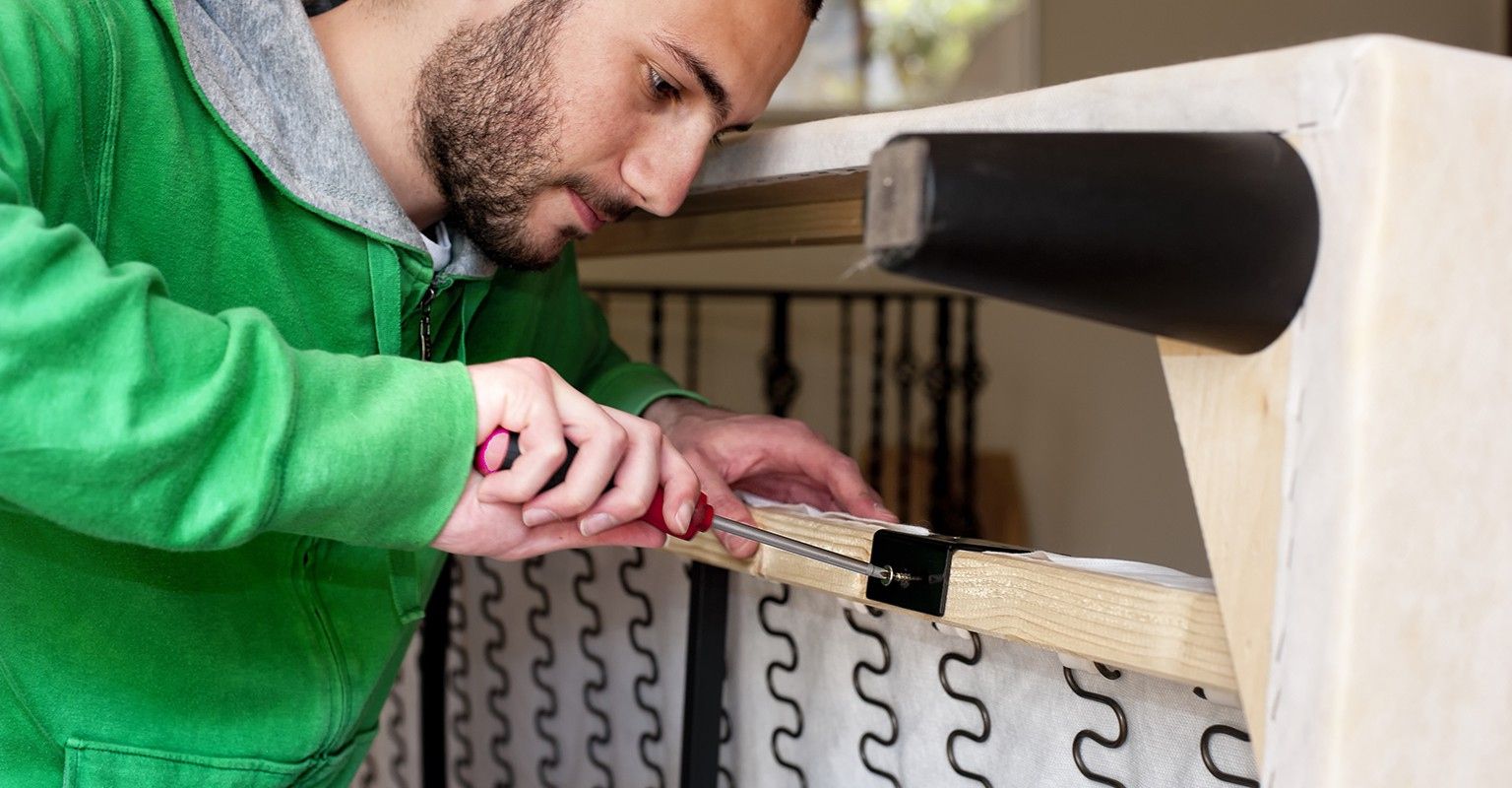

0 thoughts on “How To Sleep In A Recliner”